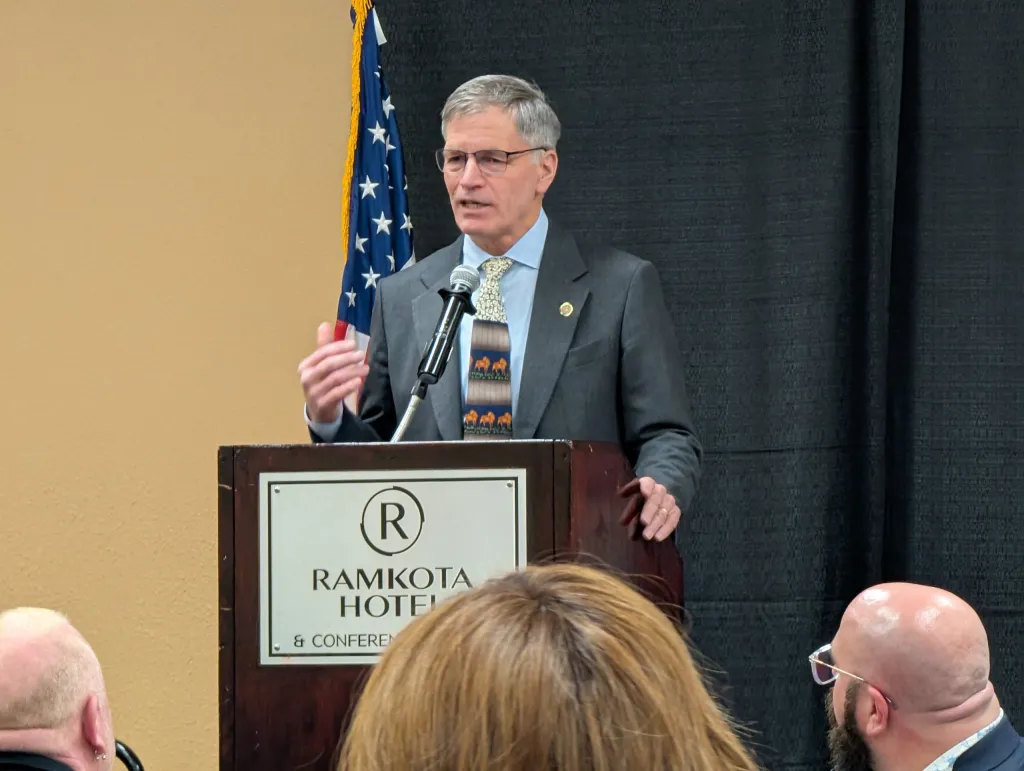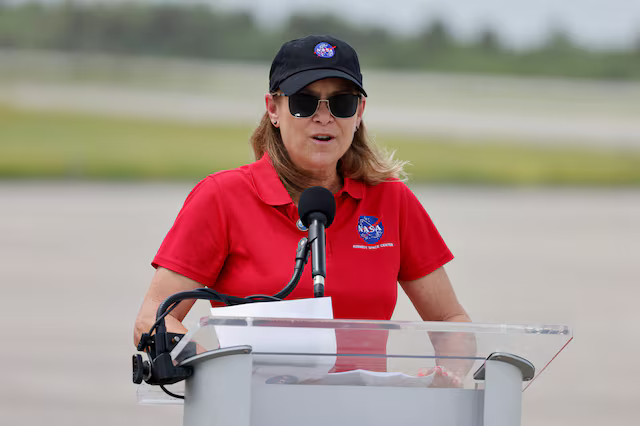NASA’s acting administrator, Janet Petro, announced on Wednesday that Elon Musk’s Department of Government Efficiency (DOGE) would review the space agency’s spending, Reuters reports.
Petro explained that the group, which has been involved in scrutinizing government agencies for excessive spending, would examine NASA’s payments and expenditures. This comes as hundreds of NASA employees have opted to accept a buyout offer under a government proposal.
Petro, speaking at a space industry conference in Washington, confirmed that DOGE would evaluate the agency’s financial transactions in a manner similar to its work with other federal agencies. She also mentioned that NASA had seen hundreds of employees take part in the buyout program, which was initially introduced during the Trump administration.
DOGE, led by SpaceX founder Elon Musk, has made waves in the federal bureaucracy in recent weeks. The group has been granted access to government payment and personnel systems, with the goal of identifying areas where spending can be reduced. Musk’s SpaceX currently holds contracts worth approximately $15 billion with NASA, primarily related to transporting astronauts to the International Space Station and supporting plans for lunar landings with its Starship vehicle.
When asked about potential conflicts of interest arising from Musk’s involvement in DOGE, Petro emphasized NASA’s strict conflict of interest policies. She assured reporters that the agency’s legal office would vet any DOGE employee to ensure compliance with those policies.
Amid these developments, a small group of officials from the Trump administration has already started reviewing NASA’s budget, which totals around $24 billion annually. They are focusing on the agency’s science and space mission programs, as well as evaluating cost-saving measures such as the Space Launch System (SLS), NASA’s over-budget rocket designed for lunar missions.
While there is growing interest in cutting costs, particularly related to the SLS program, the future of NASA’s Artemis program and its moon landing goals may face uncertainty. The complexity of cost-cutting measures, especially concerning workforce issues in politically significant states, adds an additional layer of challenge to the review process.










The latest news in your social feeds
Subscribe to our social media platforms to stay tuned